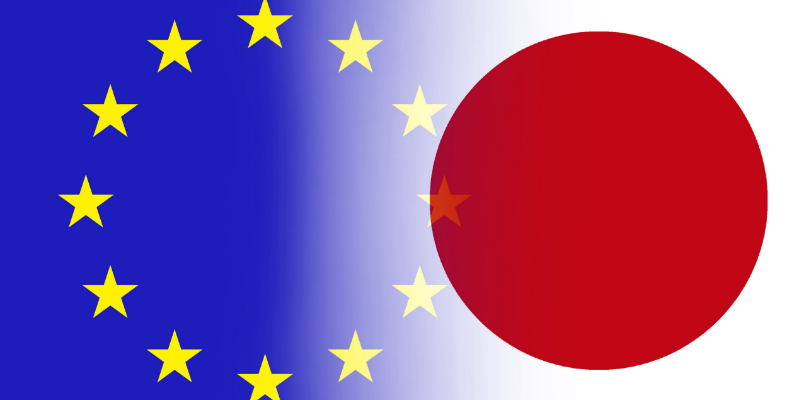Representatives from the European Commission and the Japanese government met in Tokyo for the third edition of the EU-Japan Policy Dialogue in the areas of education, culture, and sport. Both parties recognise the importance of mutual collaboration as a vector for exchanges of best practices, pedagogical approaches, and strategies for policy development and innovation in these areas.
This third dialogue was jointly chaired by Commissioner for Innovation, Research, Culture, Education and Youth, Iliana Ivanova and Japan’s Minister for Education, Culture, Sport, Science and Technology, Masahito Moriyama.
Both sides agreed on the benefits of promoting student and academic staff mobility between the EU and Japan. International mobility schemes, like the Erasmus+ programme, play a pivotal role in promoting people-to-people exchanges, enhancing skills development, as well as fostering academic excellence. Over the last three years, the Erasmus+ programme offered mobility opportunities to around 1750 higher students and academic staff to take part in international mobility exchanges between Europe and Japan. However, there is potential to do more. By investing in mobility programmes, both the EU and Japan harness the full potential of their educational ecosystems and contribute to global knowledge creation. For this purpose, an Erasmus+ National Focal Point will now be established in Japan, with the purpose of reinforcing international collaboration with Japan in the implementation of mobility schemes as well as further promoting the opportunities offered under Erasmus+ to Japanese and European students and academic staff.
In the field of education, today’s exchanges between the EU and Japan also provided valuable insights on how to navigate the opportunities and challenges offered by digital education. Participants discussed ways of exploring the responsible integration of generative artificial intelligence (AI) in schools to harness its potential to personalise learning experiences, improve educational outcomes, and prepare students for the demands of the digital age. The dialogue also included discussions on ethical considerations, data privacy concerns, and the need for improved digital skills and digital literacy among educators and learners. To continue discussing and exchanging practices on these important topics, the parties agreed to hold a follow up seminar on digital education in the next months.
The third policy dialogue also focused on digital technologies offer to document, preserve, and virtually disseminate cultural heritage. Both parties agreed on the transformative shift the digital transformation represents in societies, economies, and cultures, with profound implications for cultural heritage and the associated skills required for its preservation and promotion.
The EU and Japan shared expertise on the promotion of sport and healthy lifestyles among young generations, as well as enhancing the effectiveness and inclusivity of sports programmes, benefiting individuals and societies alike.
Source: European Commission | Press Corner (https://shorturl.at/cfwN8)
